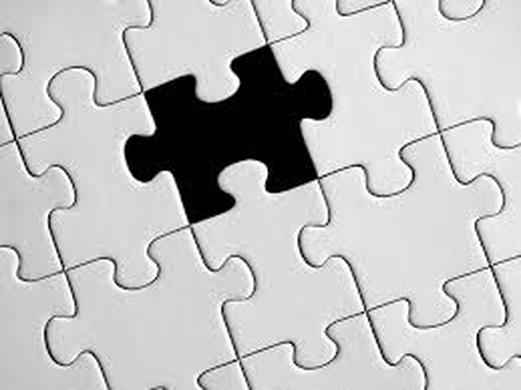Puzzle is director Marc Turtletaub's latest offering. It is a very simple highly nuanced film about a woman named Agnes, played by the luminous Kelly Macdonald, who slowly awakens to the fact that life is passing her by. She also realizes that she has been stuck behind the fortress walls of her marriage for so long that she no longer sees the approaching of the train but only the lights of the caboose as it leaves the station. One day she decides to get on board.
|
Categories
All
|
Proudly powered by Weebly

 RSS Feed
RSS Feed